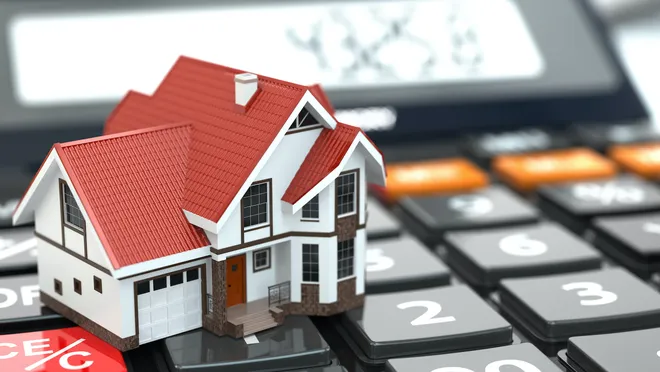
Property tax is an ad valorem tax on the value of your property. It is also known as the millage rate. The amount you pay varies from city to city. Property taxes can be quite costly, especially when you own multiple properties. However, there are several options to help you pay your property taxes.
First of all, it’s essential that property taxation be equitable. This means that no property should pay more than its fair share. This is important because the tax value of one property may be much lower than another. For example, your neighbor’s property may be worth half as much as yours, which is why uniformity is so important.
In most cities, property tax is based on the assessed value of a property. The value is determined based on the cadastral rental value and the non-built value. The value is then multiplied by the revaluation coefficient, which stood at 1.012 in 2020. The payment deadline varies from city to city, but it is usually made by mid-October. The tax notice is drawn up in your name. There are a few ways to pay your property tax, depending on your means of payment.
Property taxes are the largest source of funding for local governments. They fund city roads, fire protection, libraries, and other local community projects. More than half of the money you pay goes to these programs. You may not realize it, but a property tax is an important way to pay for local government services and infrastructure. It’s essential that you understand the amount of money you’ll be paying for your property tax.
The amount of your property tax depends on the assessed value of your property. In some counties, property assessments are done annually, while in others, they are done every five years. Regardless of the method, the process is often complex, and homeowners should contact their county’s government for detailed information. It’s worth noting that the assessed value of a property is equal to the market rate, but this may not be the case.
Property taxes are an essential part of owning a home, and you should understand their purpose. While you’re paying them every year, they’re a part of the cost of home ownership. It’s essential to understand what property taxes are, and how they’re collected. When property values increase, you should be given reasonable notice.
Generally, real estate taxes are due annually on July 1. Some taxpayers opt to pay the amount annually rather than monthly, and there are several Property Tax Credits available to reduce the amount you owe. Failure to pay your taxes may result in a Tax Sale, so it’s important to make your payment as early as possible.
If you can’t afford to pay your property taxes, you can challenge the assessment. In some cases, successful appeals can lower your property tax. To do this, gather comparable sales for your area and contact the assessor’s office. If you are unsuccessful, you can also pursue your case with an independent tax appeals board.







